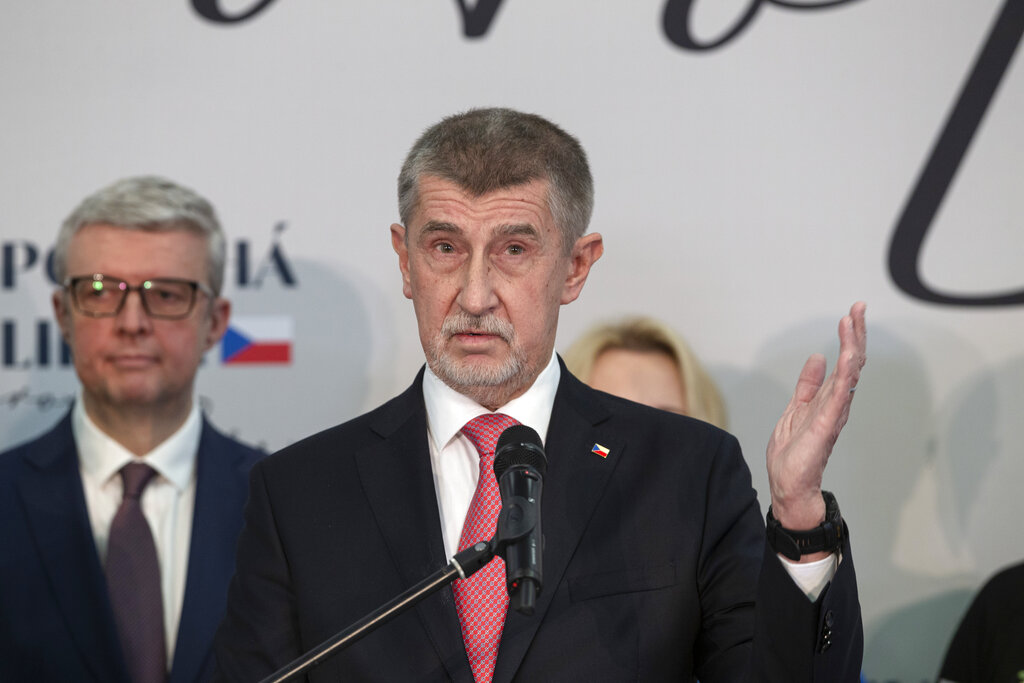The Czech government’s contentious pension reform proposal, which includes raising the retirement age in line with increasing life expectancy, sparked intense debate in the Chamber of Deputies on Wednesday.
As anticipated, the opposition launched a fierce attack on Prime Minister Petr Fiala’s coalition government, criticizing the reform as unjust and unsustainable. The session, expected to extend into the night, saw lengthy obstructionist speeches from opposition leaders, reports news outlet Echo24.
ANO leader and former prime minister Andrej Babiš fiercely condemned the Fiala government in a three-hour address, accusing it of being “incompetent, arrogant, and antisocial.” Babiš vowed that if his ANO movement regained power — a strong possibility given his party’s recent electoral success — he would cap the retirement age at 65.
“Never in the history of the Czech Republic has there been a government so detached from the needs of its people,” Babiš claimed during his speech while accusing the government of “robbing pensioners.” He criticized the current focus on defense spending, stating, “You claim there’s no money for pensions, but there are billions for fighter jets.”
The reform, proposed by Fiala’s coalition, seeks to adjust the retirement age incrementally, claiming that the demographic trends of an aging population are justification for the measure. The government argues that without such changes, the pension system will become unsustainable. Prime Minister Fiala warned that failure to act would balloon the pension deficit to 350 billion crowns (€13.9 billion) by 2050, equivalent to 5 percent of GDP.
“If we do nothing, the future of pensions in this country will be at risk,” Fiala stressed.
Opposition parties, including Babiš’s ANO and Tomio Okamura’s hard-right SPD, called for the immediate rejection of the reform. Okamura denounced the plan as “dysfunctional and antisocial nonsense,” advocating for the bill to be scrapped entirely.
Alena Schillerová, the chairperson of the ANO parliamentary group, echoed these sentiments, claiming the reform does not introduce new funding mechanisms or incentives for future retirees.
Despite the opposition’s resistance, the government insists that the proposed measures, which include gradually increasing the retirement age by one month per year, are necessary to safeguard the pension system’s future. Currently, the retirement age is already rising at a rate of two months per year for men and four months for women, with the limit set to reach 65 in the 2030s. The government’s original proposal called for a faster pace of increase, but a parliamentary social committee has recommended a more gradual approach.
Trade unions have also voiced their opposition to the reform, further complicating the government’s path to approval.






